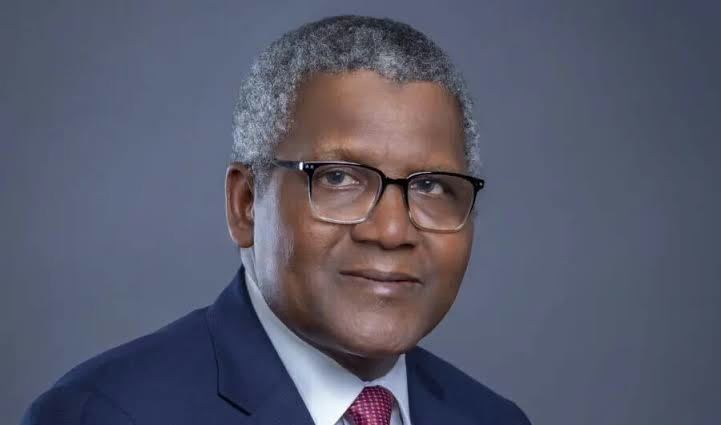The World Bank has warned that the number of Nigerians living in poverty will increase by 2027, despite the country’s wealth in natural resources.
The warning was issued in the World Bank’s Africa Pulse report, presented at the ongoing Spring Meetings of the International Monetary Fund (IMF) and the World Bank in Washington DC on Thursday.
This comes almost a year after Nigeria’s Finance Minister, Wale Edun, expressed optimism about the country’s progress in lifting many Nigerians out of poverty.
However, the latest report from the World Bank shows that over half of Nigeria’s population was already living in poverty as of 2024.
Sub-Saharan Africa, which includes Nigeria, has the highest poverty rates in the world.
The report states that nearly 80% of the world’s 695 million extremely poor people live in this region.
In comparison, South Asia, East Asia, and other regions have much lower poverty rates.
The World Bank further revealed that Nigeria, along with the Democratic Republic of Congo, is expected to see a rise in poverty rates by 3.6% from 2022 to 2027.
It added that resource-rich countries like Nigeria are facing rising poverty due to fragility and conflicts, with an average poverty rate of 46% in 2024—much higher than non-fragile countries in the region.
Despite this, countries that do not rely on natural resources have seen faster reductions in poverty and are expected to continue doing so, largely due to rising agricultural commodity prices.
On the other hand, resource-rich nations like Nigeria are expected to see slower progress in poverty reduction, mainly due to declining oil prices.
The report also suggested that urbanization could help reduce poverty, as migration from rural to urban areas could provide better job opportunities for the poor.
Between 2010 and 2019, urbanization played a major role in poverty reduction in Africa.
The bank predicted that by 2035, the urban population will surpass the rural population by more than 238 million people.
However, the success of this urban migration will depend on the ability of cities to create adequate infrastructure, services, and job opportunities for the growing population.











Leave a Reply